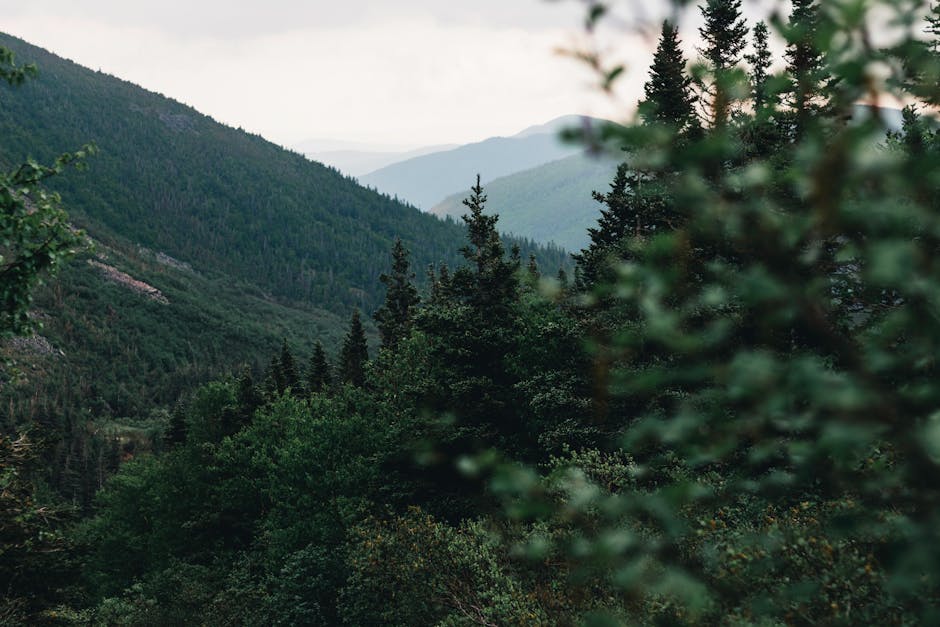Unlocking Nature's Secrets: Citizen Science – A Conservation Lifeline
Traditional ecological investigations, hampered by constrained funding and expert scarcity, leave vast swathes of crucial habitat inadequately surveyed. This deficiency generates significant knowledge lacunae regarding imperiled species demographics, behavioral patterns, and environmental needs. However, a revolutionary paradigm shift is underway: citizen science initiatives. By enlisting the fervent dedication of passionate ecotourists, we exponentially amplify data acquisition’s scope and intensity. Envision a complex mosaic—our comprehension of a threatened species' ecological niche. While professional researchers possess several key tesserae, the myriad smaller, seemingly inconsequential fragments that complete this intricate image are supplied by citizen scientists dispersed throughout the species' range, revealing previously inaccessible patterns and insights.
Camera trapping provides a compelling example. Though specialists might deploy a handful of devices, a strategically positioned network of environmentally conscious travelers across a protected area can generate a dataset of unparalleled scale, providing a far more precise understanding of population density and interspecies dynamics. Equally impactful are contributions to avian censuses, bioacoustic monitoring of vocalizations, or even straightforward habitat assessments, transforming casual observations into invaluable scientific contributions. The data diligently gathered and meticulously uploaded via project-specific platforms directly informs scientific analyses, directly influencing conservation strategies and policy-making decisions at the highest levels.
This endeavor transcends mere numerical aggregation; it cultivates a profound, transformative connection with the natural world. Citizen science fosters a tangible sense of ownership and stewardship. Active participation in safeguarding an endangered species transcends passive observation; it elevates you to the status of a stakeholder, deeply invested in its welfare, and empowered to advocate for its preservation long after your expedition concludes. It's a personal journey of profound environmental engagement.
Beyond Casual Observation: Guiding Principles for Impactful Involvement
Selecting a suitable citizen science endeavor necessitates meticulous deliberation. Avoid impulsive participation; instead, thoroughly investigate prospective projects. Prioritize initiatives harmonizing with your skills and interests. While some demand rigorous training and sophisticated data management proficiency, others offer welcoming entry points for novices. Seek out established organizations boasting transparent methodologies, robust data infrastructure, and a demonstrable history of impactful research publications.
Before commencing your eco-adventures, engage directly with project leaders. Gain a complete understanding of data collection protocols, anticipated deliverables, and potential challenges. Think of a meticulously orchestrated symphony; each musician (citizen scientist) plays a pivotal role in achieving a harmonious whole (a comprehensive dataset). Substandard methodologies can compromise the performance's integrity, diminishing the contribution's value.
Concentrate your efforts on projects addressing specific conservation obstacles within your chosen destination. If your journey takes you to a region battling habitat fragmentation, consider participating in habitat mapping. Is poaching a pervasive menace? Your keen observation skills could assist anti-poaching patrols or contribute to wildlife crime investigations. The more precisely targeted your contributions, the more substantial the anticipated impact.
Remember, responsible ecotourism is non-negotiable. Show unwavering respect for the environment, the wildlife, and local communities. Uphold rigorous ethical standards, guaranteeing that your actions do not inadvertently harm the very species you strive to protect. This is not merely a holiday; it's an act of environmental stewardship, actively contributing to a healthier, more biodiverse planet.
A Thousand Tributaries: Amplifying the Voice of Conservation
Imagine a vast, endangered ecosystem, its fate hanging precariously in the balance. The solution? Not a solitary, Herculean effort, but a confluence of countless, individually modest contributions, each a vital tributary feeding the mighty river of conservation. This is the transformative power of citizen science. It's not simply data acquisition; it's the creation of a critical mass—an overwhelming tide of information—empowering conservationists to execute targeted, effective interventions. The richer the data flow, the clearer our understanding of the intricate ecological webs sustaining (or jeopardizing) imperiled species, refining our strategies with unprecedented accuracy and efficiency.
Furthermore, this collaborative endeavor profoundly impacts securing crucial funding. Many conservation bodies depend on securing grants—competitive grants, often with rigorous criteria. The demonstrable, widespread community engagement and the sheer avalanche of data generated through citizen science initiatives significantly enhance grant proposals. This translates directly into larger investments in critical conservation efforts. It’s more than a statistic; it’s a compelling narrative, a potent testament to collective action, fueled by passionate individuals and bolstered by irrefutable evidence – a shared endeavor replacing the previous model of isolated research.
The public's connection with conservation is equally vital; citizen science bridges the chasm between a perceived elite pursuit and widespread participation. By actively participating in data collection, individuals gain firsthand insight into conservation challenges, cultivating a profound sense of environmental stewardship. This translates into stronger support for environmental legislation, increased awareness among communities, and a tangible commitment to environmental protection woven into the fabric of daily life. It's the cascading effect of a single spark igniting a bonfire of environmental consciousness. This cannot be dismissed.
In essence, citizen science within ecotourism is not a supplemental strategy; it represents a paradigm shift in conservation practices. It empowers passive observers to become proactive agents of change—vital allies in the struggle to protect imperiled species and their fragile habitats. It's a radiant example of collaborative power and a decisive step towards a more ecologically responsible future.
